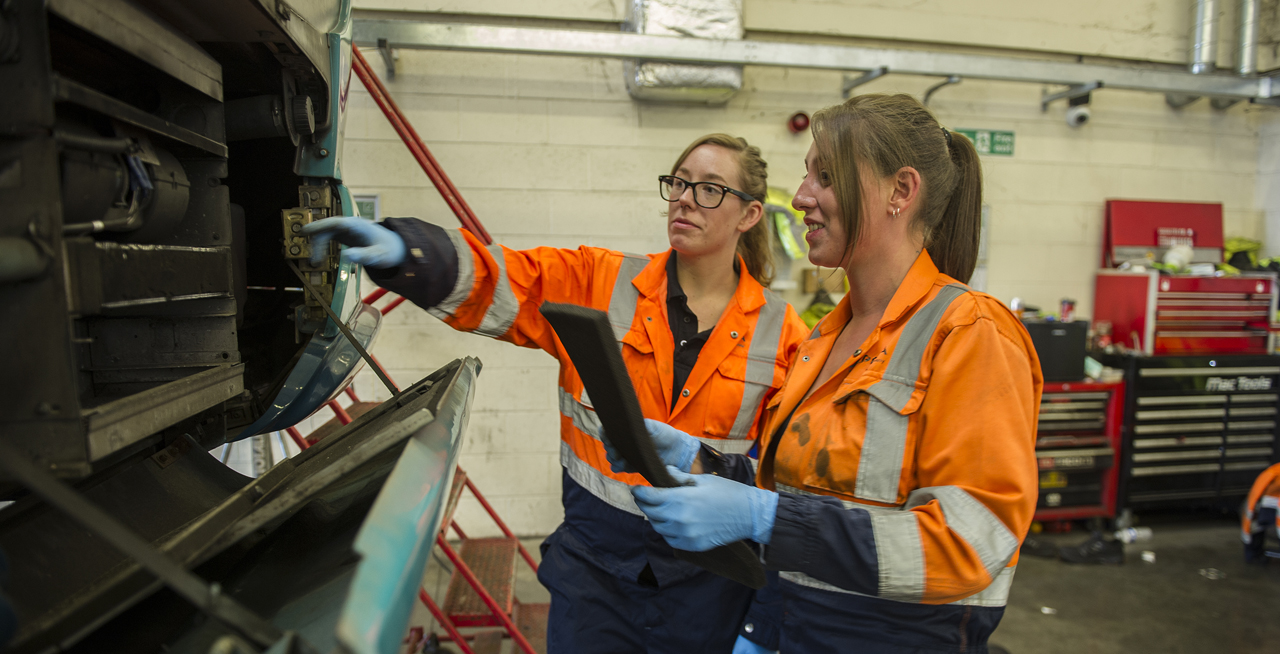Making apprenticeships work
The government's target of three million apprenticeship starts by 2020 is looking increasingly unlikely, writes Fiona Twycross.
Spring is a time for new starts and a good time for young people to start thinking about their future. It is also the ideal time therefore to host National Apprenticeship Week which recently took place. However, eleven years into the campaign, there are still serious issues relating to the quality and accessibility of some apprenticeships. This begs the question of whether the government’s approach to skills is failing despite the increased commitment and focus on apprenticeships that the apprenticeship levy would seem to provide.
You would think that with the eye-watering debts that young people now leave university with, there would be no problem in encouraging young people towards an apparently cheaper alternative to forging a career where they can earn whilst they learn. Yet the target of reaching three million apprenticeships by 2020 is looking increasingly unlikely.
The government’s focus on an arbitrary target for the number of apprenticeships is part of the problem as it does not take into account the need for quality or progression into higher level skills that our economy requires. Furthermore, if an adequate deal is not reached with the European Union in the run up to Brexit in a years’ time, the potential loss of access to workers from EU countries is likely to exacerbate the problems we are already seeing with skills.
The theme for this years’ National Apprenticeships Week was ‘apprenticeships work’, but do they work for everyone?
To answer this question, in 2016 the London Assembly Economy Committee, which I then chaired, carried out an investigation into the diversity of apprenticeships in London and found that there was a major problem. BAME and female apprentices tend to be clustered in lower level and lower paid apprenticeships with the record of progression into Advanced or Higher apprenticeships poor. Despite the introduction of the Apprenticeship Levy last year, it appears that little has changed since then and a year later, an Education Select Committee investigation found that access to apprenticeships remained stark.
Part-time and flexible apprenticeships could be an effective way of widening participation – a view supported the findings of a recent report by the Learning and Work Institute and Timewise Foundation in partnership with Young Women’s Trust and Trust for London.
Opening up apprenticeships to those unable to commit to full-time apprenticeships, such as parents or carers (the majority of whom tend to be women), or for those with special educational needs and disabilities, would widen the talent pool for employers. It will also assist the government in meeting their target if more people can start an apprenticeship, that previously were unable to. Most importantly, it will provide an opportunity for many people currently excluded from learning new skills to do so and participate in the economy.
The introduction of part-time and flexible apprenticeships is a proposal that I have raised with the Mayor of London, which is considering so that we can lead the way at City Hall. However, the apprenticeship funding rules state that they should be provided by exception only. This results in the barriers that prevent the government from successfully tackling equality in participation of apprenticeships.
There needs to be a step-change in how apprenticeships are delivered if we are to see real social mobility, equality and a supply of skills that our economy needs for the future. There continues to be gender stereotypes in sectors such as construction. Evidence provided to the London Assembly economy committee found that in one school in a talk on careers in construction, only boys were included as it wasn’t seen as relevant to the girls. The low-pay that apprentices receive in their first year – or if they are under 19 – can be a real barrier. Expecting young people to survive on £3.50 an hour is not a sustainable model for a flagship policy. Ensuring more apprenticeships are paid the Living Wage, or the London Living Wage in the capital, would mean more young people would be able to get by.
Anecdotally, low pay appears to be a major factor in drop-out rates. Why would an apprentice working in the service sector continue, for example, once they have sufficient experience to get a very similar role elsewhere on better pay?
Since the introduction of the apprenticeship levy, we are already seeing a drop in the number of apprenticeship starts but, arguably, completion matters more. The retention of apprentices once they have completed their training is a key measure of success. For the concept of apprenticeships to be more successful, to make apprenticeships work, apprentices need to gain access to skilled work.
If the government continues to allow employers to use them either as cheap labour, or to try to find a way to use the levy to provide subsidised in-work training, the concept will continue to fail and the opportunities that apprenticeships could offer will be lost.
